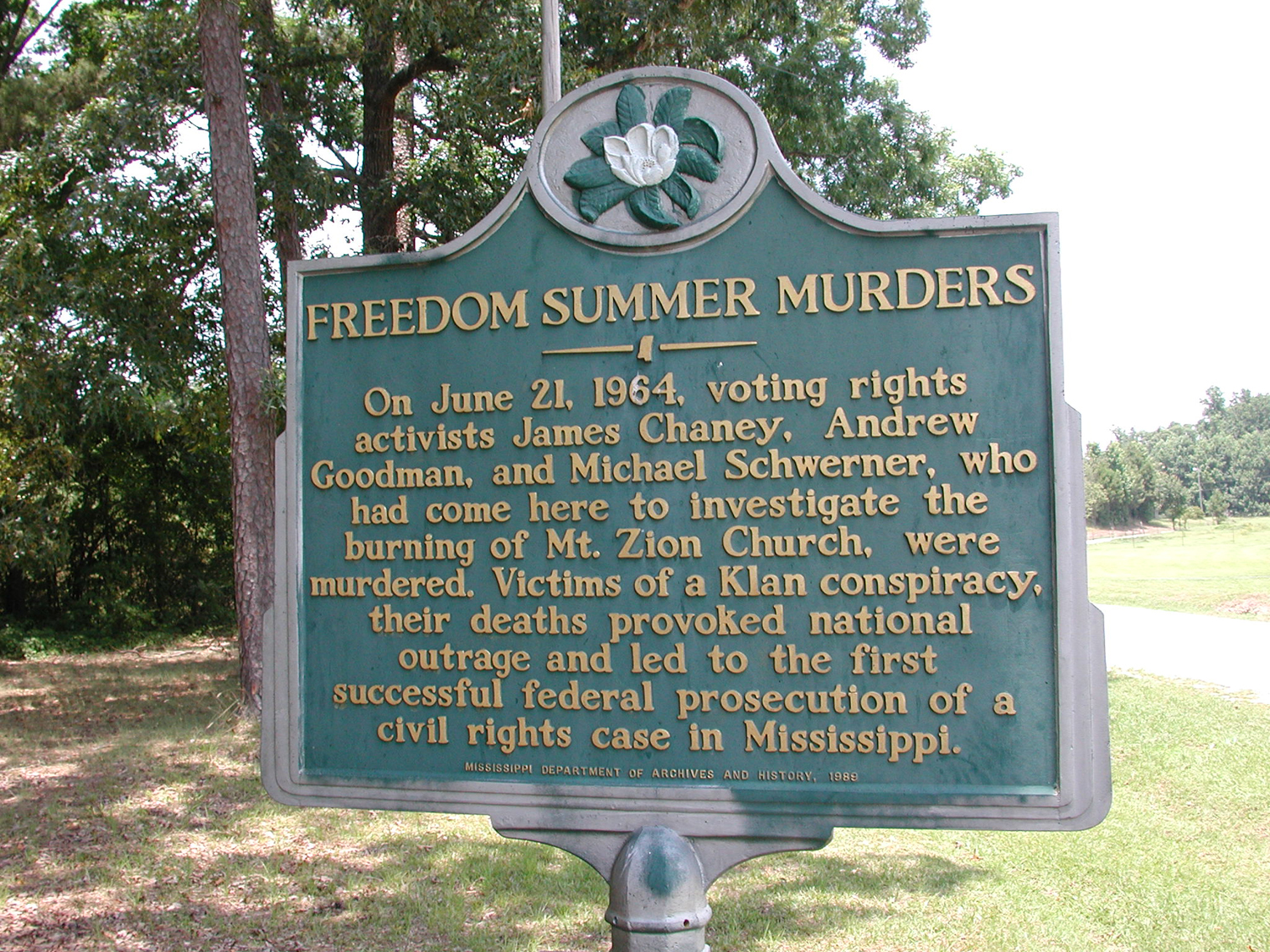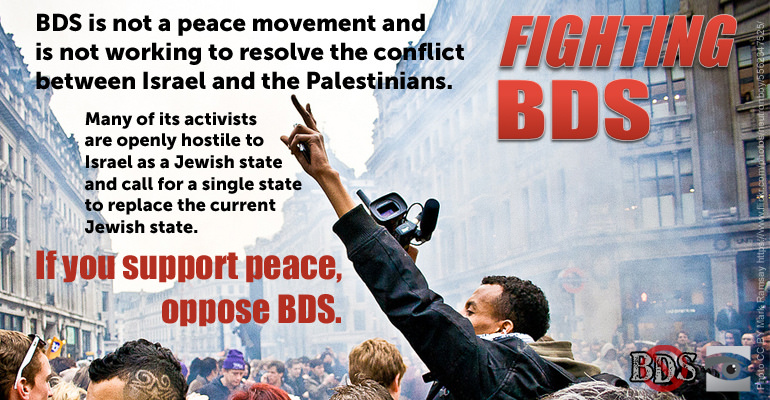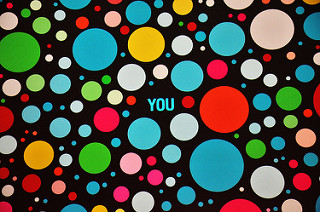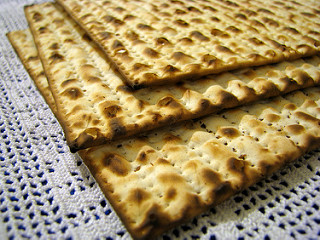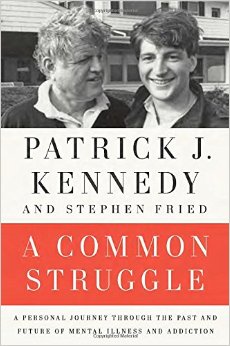delivered by Rabbi Jill Maderer, Yom Kippur, Congregation Rodeph Shalom
A story I love, from Rabbi Nachman of Brazslav. A young woman visits her family and shares that she has become a master in the art of menorah making. She asks her parents to invite all of the other artisans in town to come see her masterpiece. So all of the finest crafters come to view the menorah. Later, the daughter asks her parents, “What did they think?” The parents reply, “We’re sorry to say, all of your fellow lamp-makers described a different flaw.” “Yes,” replies the daughter, “but that is the secret! They all say it was flawed, but what nobody realizes is this: Each sees a different part as blemished, but overlooks the mistakes that he himself would make. You see, I made the menorah in this way on purpose — replete with deficiencies — in order to demonstrate that all of us have shortcomings.
Rabbi Nachman’s parable is drawn from the Psalmist, who calls to God: “Alumenu limor panecha” (Ps 90). “You can see our concealed darkness; You can see our concealed shortcomings, in the light of Your face.” God can see our shortcomings.Continue reading

